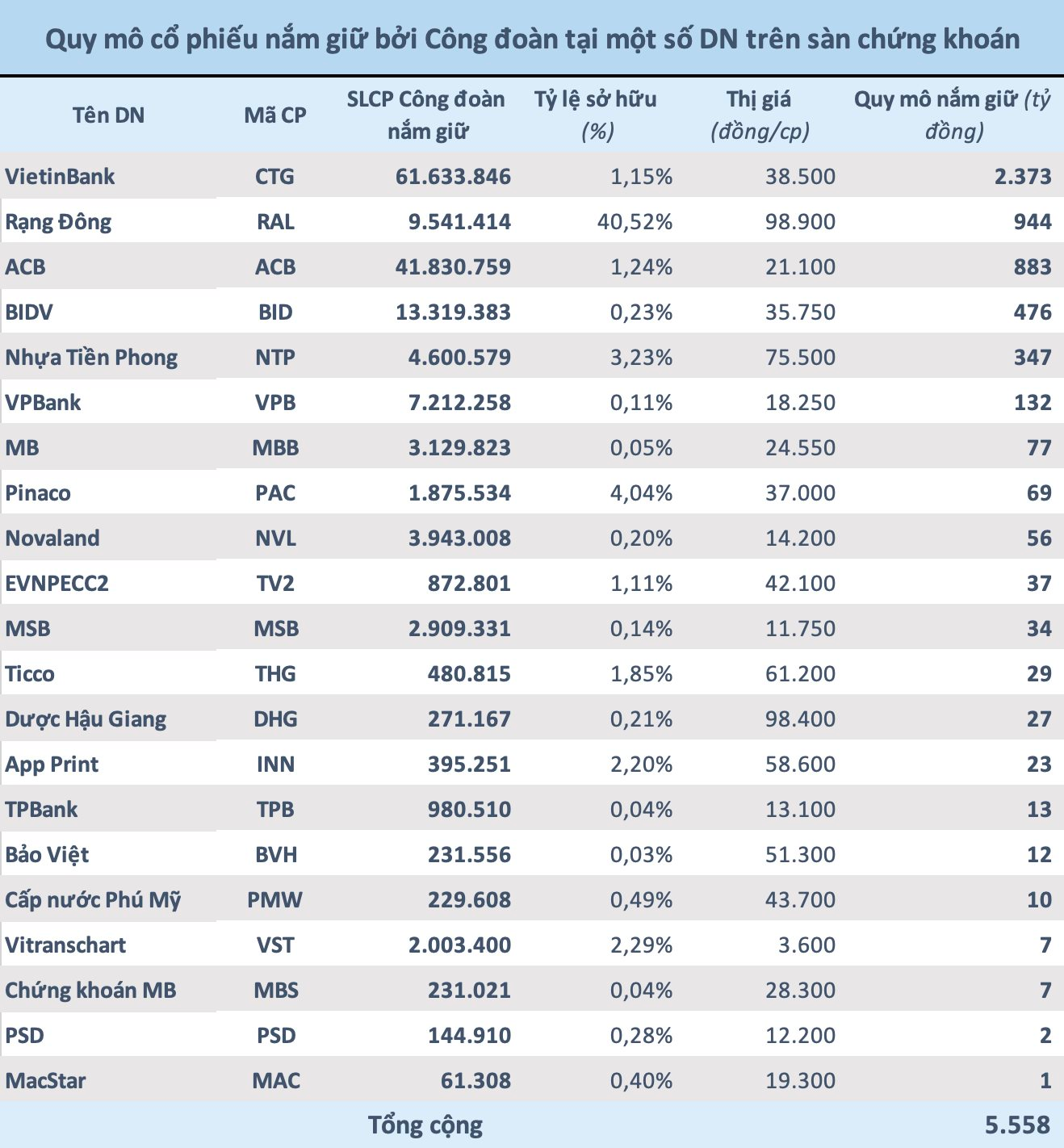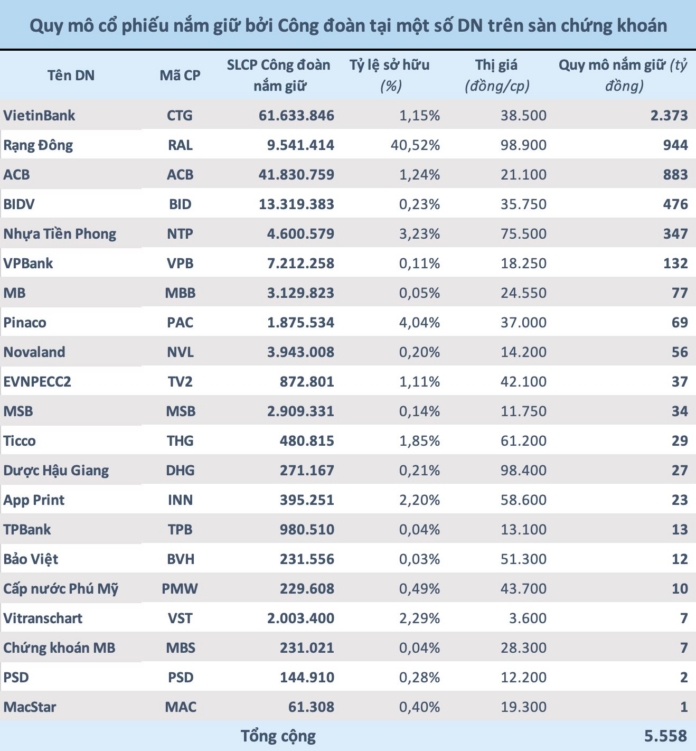Vietnam’s Trade Union Federation Divests From State Agencies, Focusing on Enterprise Unions
In a recent development, the Vietnam General Confederation of Labour has instructed its units to complete the reorganization process by June 15, following the decision to discontinue trade union activities within state agencies. Enterprise unions, including those in state-owned enterprises that do not rely entirely on state budget funding, are currently exempt from this reorganization and dissolution.
Trade unions in enterprises are political-social organizations that represent the legal rights and interests of workers. Trade unions have demonstrated flexibility in utilizing their operating funds, with investing in their respective enterprise’s stocks being a popular choice. This strategy ensures that workers have a say in the company while also providing a long-term investment opportunity.
On the stock exchange, many enterprises have their unions as major shareholders, with holdings worth thousands of billions of dong. The most notable example is the Rang Dong Trade Union (RAL), which holds over 40% of the company’s shares. Based on RAL’s current market price, the union’s stake is valued at nearly VND 1,000 billion.
Among banks, the VietinBank Trade Union stands out with its investment of nearly VND 2,400 billion, holding over 61.6 million CTG shares (a 1.15% stake). Additionally, trade unions of ACB, BIDV, VPBank, MB, and other banks also hold significant amounts of their respective banks’ shares, amounting to hundreds of billions of dong.

Aside from banks, trade unions of various enterprises listed on the stock exchange, such as Novaland (NVL), Duoc Hau Giang (DHG), Bao Viet (BVH), MBS, Nhua Tien Phong (NTP), and Pinaco (PAC), also invest in their companies’ stocks. With the exception of Rang Dong, these trade unions typically hold a relatively small percentage of their companies’ shares, usually around 1% of the chartered capital.
Essentially, trade unions can proactively purchase their enterprise’s stocks on the stock market as a regular financial investment to optimize the utilization of their operating funds. However, most trade unions today acquire shares from employees who leave the company or choose to sell their shares to realize profits after purchasing them at a discounted price.
In reality, to show appreciation for their employees’ contributions, enterprises often offer Employee Stock Ownership Plans (ESOPs), selling company stocks to their staff at prices significantly lower than the market price. Naturally, there is considerable demand for transferring these ESOP shares after the restricted trading period.
The state regulates the sources of trade unions’ operating funds, including a 2% contribution from enterprises based on the salary fund used for social insurance calculations for employees. Employees, on the other hand, are obliged to pay union dues, contributing to the financial resources of the trade unions.
Additionally, trade unions can receive support or donations from external organizations. They also receive dividends from their investments in enterprise stocks, just like regular shareholders. For enterprises with a consistent track record of dividend payments, this provides a stable source of funding for trade union activities.
Presently, some large enterprises have established specialized entities dedicated to financial investments for their trade unions, ensuring the prudent utilization of their funds. However, there have been instances where trade unions have declined to invest in their enterprise’s stocks. When necessary, trade unions may also sell their holdings to safeguard their interests.






































